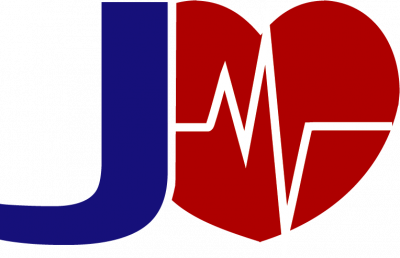Crohn's Disease
Last updated: 6 Aug 2024 | 9923 Views |


![]()
Crohn's Disease
Caused by inflammation of the colon wall, nutrients and vitamins are difficult to absorb. Most people, if the disease is treated, can lead a normal life. This disease occurs mainly in older women. 15-25 years older than men And this disease is not genetically transmitted and there is no way to prevent it.
cause
The exact cause is still unknown. thought to be caused by an autoimmune disease This means that the immune system destroys its own tissues.
symptom
The main symptoms are usually abdominal pain in the middle or lower abdomen. It will be more painful after eating and watery stools, sometimes with blood. Other possible symptoms include joint pain, red and swollen eyelids, skin, mouth sores, weight loss, easy fatigue, fever, complications such as intestinal obstruction, pox. or an anal fistula breaks the wound and results in an infection in the rectum.
diagnosis
Based on the patient's condition, blood tests, CT scan of the abdomen and consult a specialist in gastroenterology for treatment. colonoscopy to check the intestines In which the doctor will insert a camera through the rectum into the colon and collect a biopsy for examination.
treatment
The goal is symptomatic treatment. Control inflammation and prevent possible complications. Controlled by drugs and nutrients that contain fiber. Severe patients need anti-inflammatory drugs and antibiotics to reduce infection. Get pain medication if you have stomach pain and cramps. Vitamins and Nutrient Substitutes Change your diet to foods that contain more fiber. or provide a nutrient-calculated liquid diet to rest the intestines Approximately 70% of patients require surgery. to remove some of the intestine In some cases, the need to connect the intestines through the abdomen to pass the bowels. which is to rest the intestines
Things to do
![]() You should continue your activities unless you have duty and need to rest.
You should continue your activities unless you have duty and need to rest.
![]() You should take the medicine as prescribed by your doctor.
You should take the medicine as prescribed by your doctor.
![]() Always eat as recommended by your doctor or nutritionist.
Always eat as recommended by your doctor or nutritionist.
![]() You should see your doctor for an appointment.
You should see your doctor for an appointment.
You should see your doctor immediately if you get side effects from the medication.
![]() You should see your doctor immediately if you find a pelvic abscess or have a discharge from your vagina. or bowel movements that are more than usual Bleeding or stool turns gray
You should see your doctor immediately if you find a pelvic abscess or have a discharge from your vagina. or bowel movements that are more than usual Bleeding or stool turns gray![]() You should see your doctor immediately if you have fever, chills, or swelling in your stomach.
You should see your doctor immediately if you have fever, chills, or swelling in your stomach.
do not do
![]() Do not eat fatty foods.
Do not eat fatty foods.![]() Do not eat foods that irritate the intestines. or coffee and alcohol
Do not eat foods that irritate the intestines. or coffee and alcohol

Related content
Cholesterol
17 Aug 2022
Bacterial Food Poisoning
12 Jun 2023
Gastrinoma
30 Sep 2025
IRON DEFICIENCY ANEMIA
19 Nov 2021










